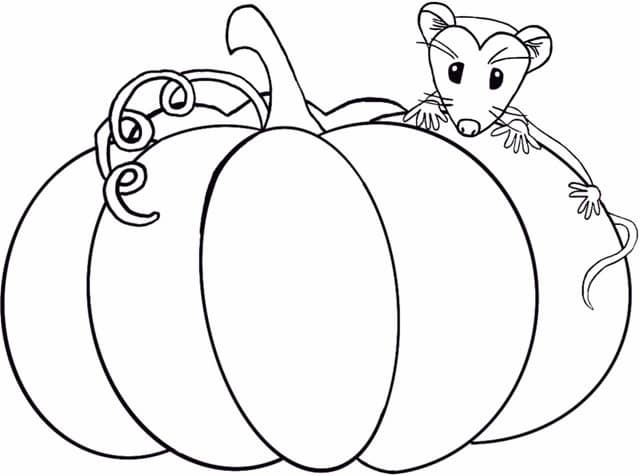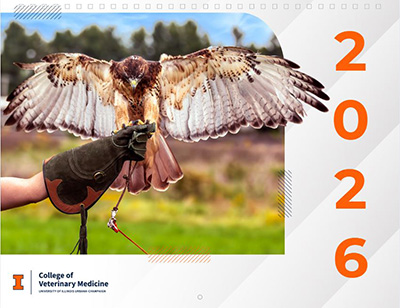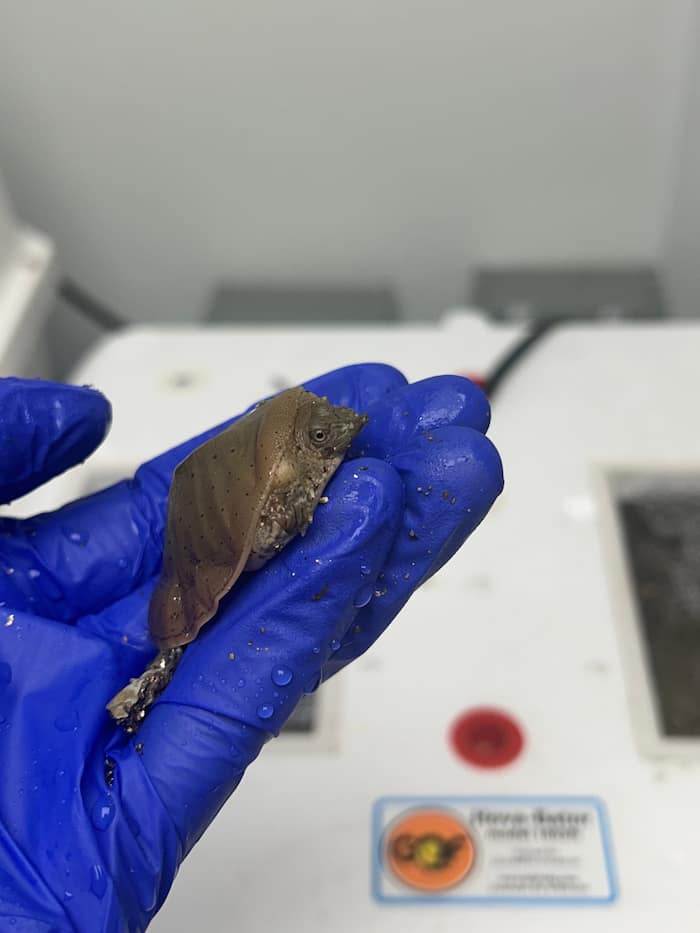![[baby opossums]](https://vetmed.illinois.edu/wp-content/uploads/2021/06/pile-of-opossums.jpg) Injured wildlife have complex needs and often require several weeks of care. Licensed wildlife rehabilitators utilize their extensive knowledge, training, and experience to ensure these animals can go back to the wild and fulfill their role in the ecosystem. The Wildlife Medical Clinic (WMC) provides medical care to approximately 2,000 patients each year, representing more than 100 different species. Once the animal is medically cleared, we partner with wildlife rehabilitators to transition this animal back to the wild and optimize its chances for success thereafter. Some of our youngest patients present as healthy orphans, requiring assisted feedings, a warm safe environment, and a chance to learn their natural behaviors. Our partnership with licensed wildlife rehabilitators is most evident in these cases, as they are best able to provide a place for care and an eventual transition to the wild as the animal grows.
Injured wildlife have complex needs and often require several weeks of care. Licensed wildlife rehabilitators utilize their extensive knowledge, training, and experience to ensure these animals can go back to the wild and fulfill their role in the ecosystem. The Wildlife Medical Clinic (WMC) provides medical care to approximately 2,000 patients each year, representing more than 100 different species. Once the animal is medically cleared, we partner with wildlife rehabilitators to transition this animal back to the wild and optimize its chances for success thereafter. Some of our youngest patients present as healthy orphans, requiring assisted feedings, a warm safe environment, and a chance to learn their natural behaviors. Our partnership with licensed wildlife rehabilitators is most evident in these cases, as they are best able to provide a place for care and an eventual transition to the wild as the animal grows.
A wildlife rehabilitator is someone who cares for sick or injured wildlife with the goal of releasing them into the wild. Each species and age class has different requirements for diet and housing which must be taken into account. Licensed rehabilitators are knowledgeable and understand the requirements of each species for which they provide care. These individuals are trained to recognize medical concerns and partner with a veterinarian to provide that care. They advocate for the individual animal, ensuring that they can regain enough functionality to survive in the wild. Rehabilitators must maintain appropriate license at the local, state, and sometimes national levels with which certify an appropriate knowledge base and housing facilities to provide for animals they receive. Only those with a license earn the title of wildlife rehabilitator and are legally allowed to house wildlife. If you find an injured, sick, or orphaned animal, licensed rehabilitators are the individuals most prepared to take care of them.
The WMC accepts debilitated animals from the community and rehabilitators. Student volunteers and faculty from University of Illinois College of Veterinary Medicine work to identify ailments and properly treat them. There are some animals that can quickly recover and are ready to be re-introduced to their home. In other cases, the animals require more support before release. If animals have fractured bones, they will have their movement restricted in the clinic to allow the fracture to heal. After this restriction, they need time to build back the muscle strength they will use to succeed in the wild. The WMC does not have the space to facilitate this process long term, so we work with rehabilitators who do. We transfer animals to licensed rehabilitators with large enclosures and outdoor spaces specially designed to give them the room they need to prepare for release. Rehabilitators offer the animals food to forage for, much like they will in the wild and carefully monitor behaviors, feeding habits, and animal weight to determine when an animal is ready for release. Our smallest patients, orphaned mammals and birds, are brought to rehabilitators that will continue to feed them until they learn to eat solid foods on their own, exhibit normal behaviors appropriate for the species, and are grown enough to survive on their own.
 Licensed wildlife rehabilitators help wild animals and the communities around them. Their knowledge and professionalism ensure they are able to advocate for the animals for which they provide care. The WMC provides medical care for wild animals and we are fortunate to have so many local partners which aid in our mission to release those animals back to the wild. We could not be successful without the help of wildlife rehabilitators. A simple thank you could never be enough, yet here we will try. Thank you to all of our partners who have aided our patients in their transition back to the wild. We appreciate you, your skill, and your passion – our patients are lucky to have you!
Licensed wildlife rehabilitators help wild animals and the communities around them. Their knowledge and professionalism ensure they are able to advocate for the animals for which they provide care. The WMC provides medical care for wild animals and we are fortunate to have so many local partners which aid in our mission to release those animals back to the wild. We could not be successful without the help of wildlife rehabilitators. A simple thank you could never be enough, yet here we will try. Thank you to all of our partners who have aided our patients in their transition back to the wild. We appreciate you, your skill, and your passion – our patients are lucky to have you!
By Monika Liszka, College of Veterinary Medicine Class of 2022






